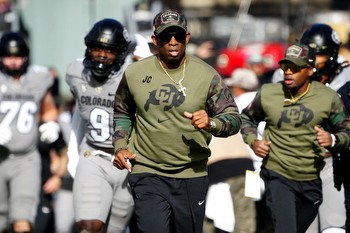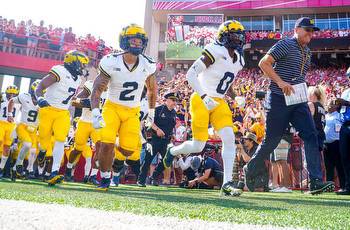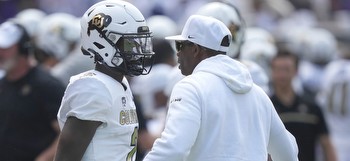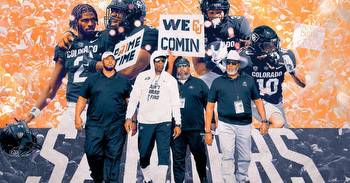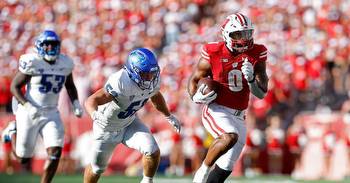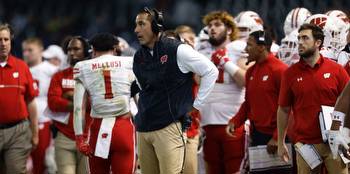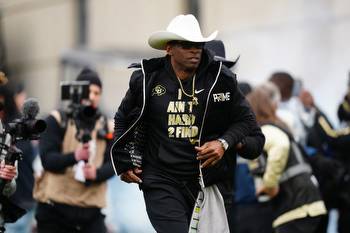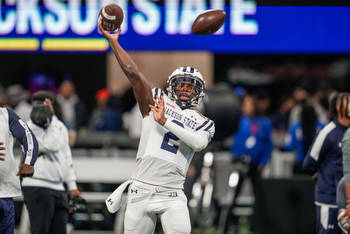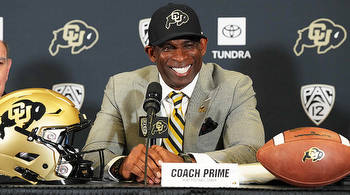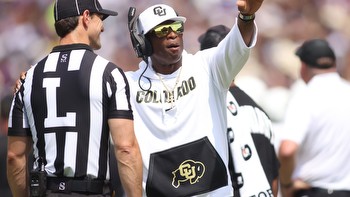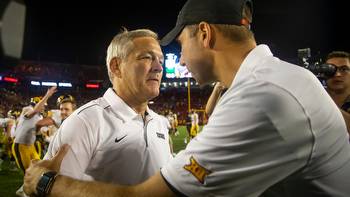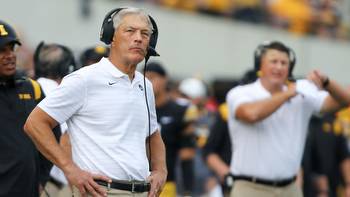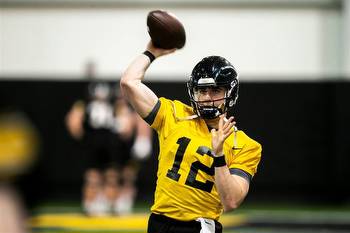For Iowa Football, Change Happens Slowly
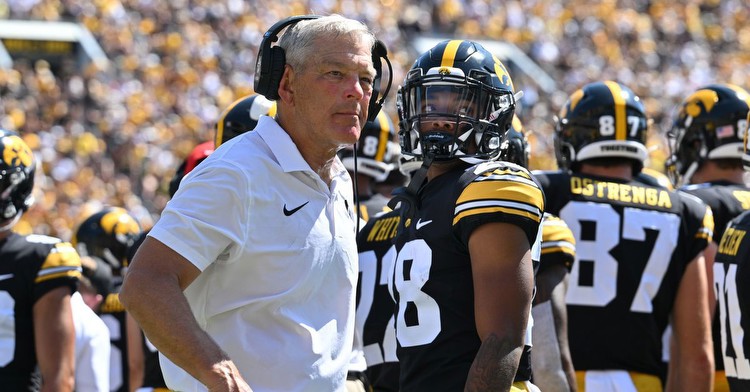
After giving fans an appetizer last week, College Football lovers were finally able to enjoy a full slate of games lasting from Thursday-Monday during Week One. This week featured the first Top Ten matchup of the season in Florida State vs. LSU, an exciting comeback double-overtime game between Wyoming and Texas Tech that saw the Cowboys overcome a 17-0 deficit to stun the Red Raiders, Oklahoma breaking Arkansas State coach Butch Jones’s spirit in a 73-0 beatdown, and a slightly concerning start to the season for the Big Ten in which Purdue lost to Fresno State, Illinois barely escaped Toledo, and supposed division title contenders like Ohio State, Wisconsin, and Iowa looked underwhelming in wins over inferior competition.
However, the story of the week was easily Colorado’s 45-42 victory over last year’s national runner-up TCU, a rousing if unexpected start to the Deion Sanders era that established the Buffs as a team to be taken seriously, or at least something more legitimate than the clown show the program appeared to be a few months ago.
Colorado’s win over the Horned Frogs was as significant as it was surprising. While TCU finished the 2022 season 13-2 highlighted by a national championship appearance and a victory over Michigan in the Fiesta Bowl, Colorado limped to a 1-11 record and established themselves as one of the worst teams in college football. Colorado’s hiring of Deion Sanders, who had three years of collegiate coaching experience and had never coached above the FCS level, seemed like a desperate move from a program staring down the barrel at irrelevance. The Buffaloes experienced historic levels of roster turnover over the past offseason, with 56 players leaving in the transfer portal and 51 new players transferring in.
With an inexperienced coach trying to rebuild a terrible program completely from scratch, Colorado seemed destined for at least a few more years of turmoil before its fortunes turned around, assuming Sanders was even the coach to make that happen.
Yet against TCU, Colorado looked like a team that gone to war together for years despite 86 of the team’s 113 players being new offseason additions. Even though ten of Colorado’s transfers had previously played together under Sanders at Jacksonville State, most of the roster met the majority of their teammates for the first time only a few months ago. The Buffaloes had their share of miscommunications throughout the game (as most teams do during the first game of the new season), but still managed to score 45 points and make enough stops on defense to earn a win against a team one year removed from competing on college football’s biggest stage. In less than a year on the job, Deion Sanders managed to completely remake Colorado’s identity on both sides of the ball and, in doing so, transform the program from a laughingstock into one that, at the very least, demands to be taken seriously.
Colorado’s turbo-charged rebuild project makes for a fascinating contrast with the Iowa football program, which has been nothing if not consistent under 24 years of Kirk Ferentz’s leadership. While Iowa ended the 2022 season light years ahead of Colorado, the Hawkeyes also needed to rebuild the image of a program tarnished by two years of abject futility on offense, allegations of nepotism within the coaching staff, and growing frustration among the fan base that the team was wasting some of the best defenses in program history without seriously contending for a conference title.
To address these issues, Iowa charted a middle ground by attempting to improve the offense without completely changing its identity. Iowa didn’t fire beleaguered offensive coordinator Brian Ferentz, but did rework his contract to make his employment contingent on winning at least 7 games and averaging 25+ points per contest. The team didn’t change install a new offense, but it did use the transfer portal to bring in an experienced starting quarterback, several new pass catchers, and two players who were expected to immediately upgrade one of the conference’s worst offensive lines.
Iowa’s opener against Utah State was Hawkeye fans’ first real glimpse of the team’s reworked offense, and the changes made during the offseason were evident from the first possession of the game. Transfer QB Cade McNamara threw a 36-yard touchdown bomb to transfer wideout Seth Anderson on only the second play of the game, showcasing the kind of vertical passing game fans have been clamoring for since Nate Stanley graduated in 2019.
Iowa’s coaches found several creative ways to deploy transfer tight end Erick All, who scored a touchdown on Iowa’s second drive.
The Hawkeyes took the majority of their snaps from shotgun, which was both a huge departure from past years and a sign of the staff’s confidence in the improved snapping of center Logan Jones, who often struggled in that department last season. Iowa’s 24 points scored were a meaningful improvement over the team’s average of 17.7 last year, and there were clear positives on which the team can build going forward.
However, none of these tweaks of the margins seemed to change the fact that Iowa’s offense still doesn’t work the way it is supposed to. Despite starting strong, the Hawkeyes were outscored by the Aggies 14-10 after the first quarter. The Hawkeye running game was putrid, averaging only 2.4 yards per carry against a Mountain West team that ranked 113 in the nation in run defense last year and was missing its best run-stopping defensive lineman. Iowa’s receivers made some impressive catches.
But also dropped several passes, including some which might have been touchdowns. McNamara looked sharp for much of the game, but still completed fewer than 60% of his throws and made a couple passes which might easily have been picked off. Against what is likely one of the weakest defenses the team will face all year, Iowa still failed to score 25 points, a benchmark most Hawkeye fans found far too low to begin with.
Iowa’s offense may improve as the season goes along and McNamara and the rest of the unit continue to build chemistry. However, one cannot help but wonder how a team like Colorado led by a neophyte coaching staff can completely rework their roster, adopt new schemes on offense and defense, and still show more growth faster than a team like Iowa that has an experienced head coach, found proven talent in the transfer portal, and is giving serious minutes to several players who have spent years learning the team’s offense. Colorado’s win over TCU may be a flash in the pan, and odds are that Iowa’s steady, defense-first approach will result in the Hawkeyes winning more games this year than the Buffaloes do. But in a sport where teams can reinvent themselves overnight, it’s a shame the Hawkeyes’ plan to become an average offense still seems to be a work in progress.

